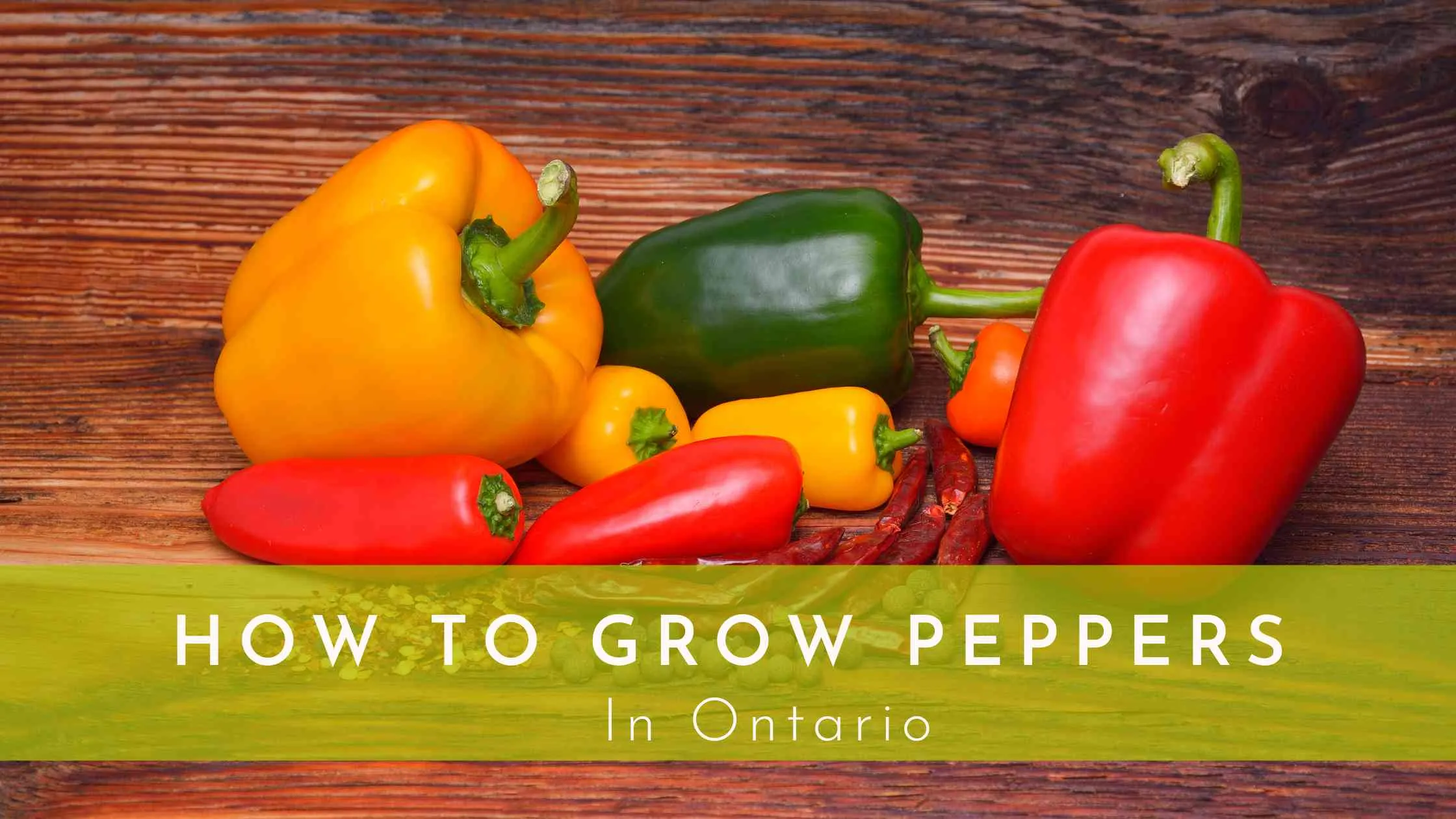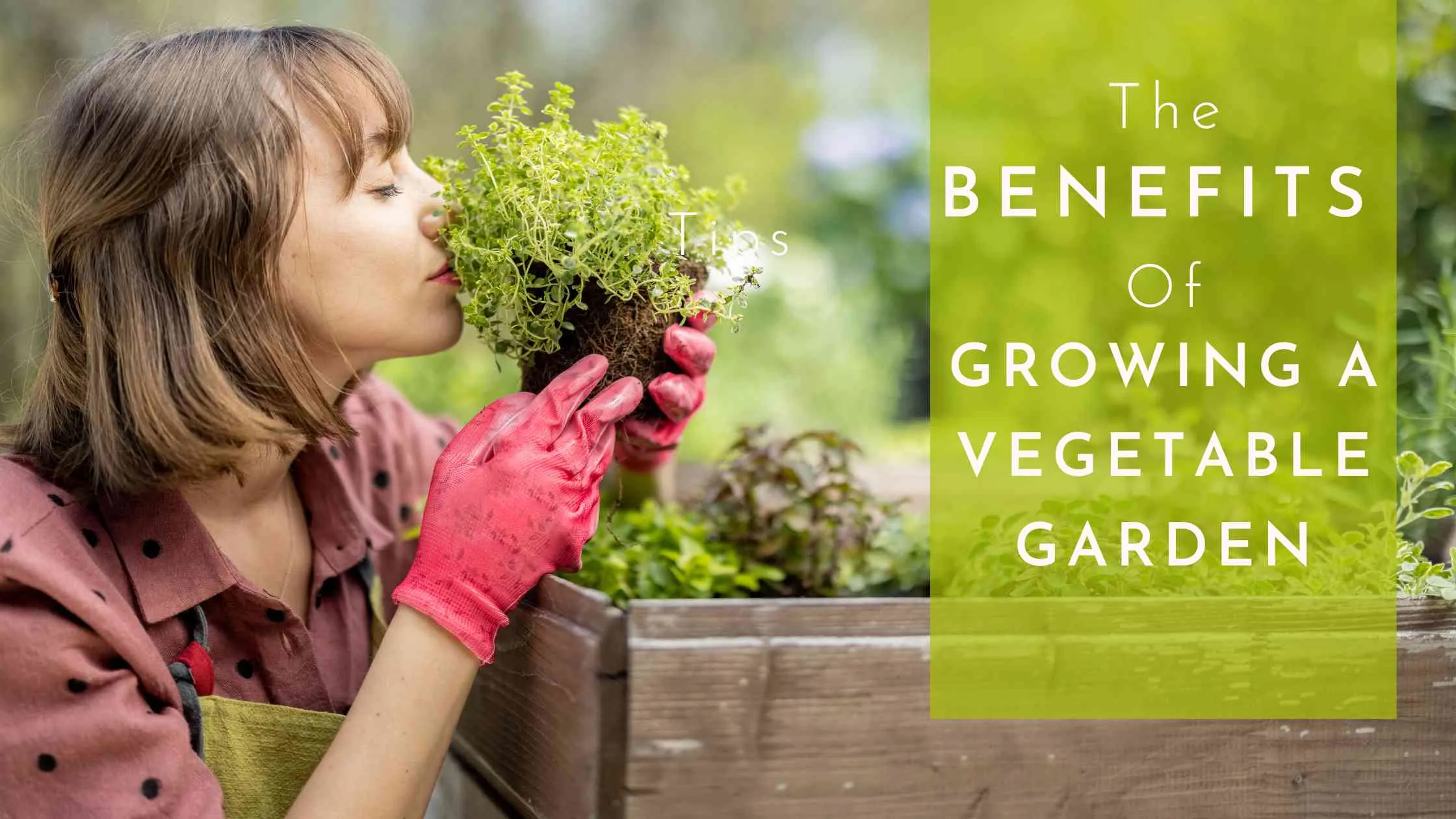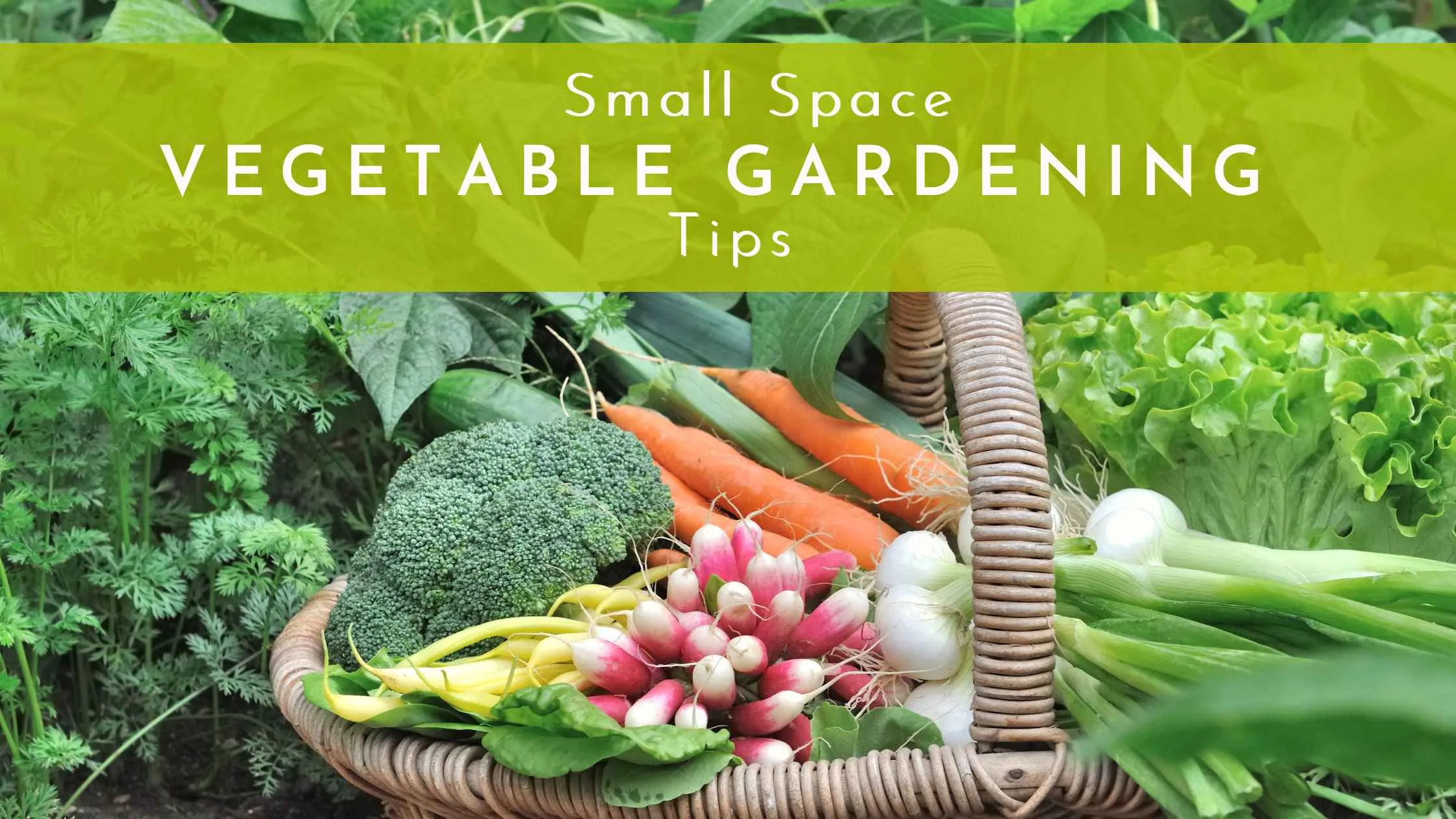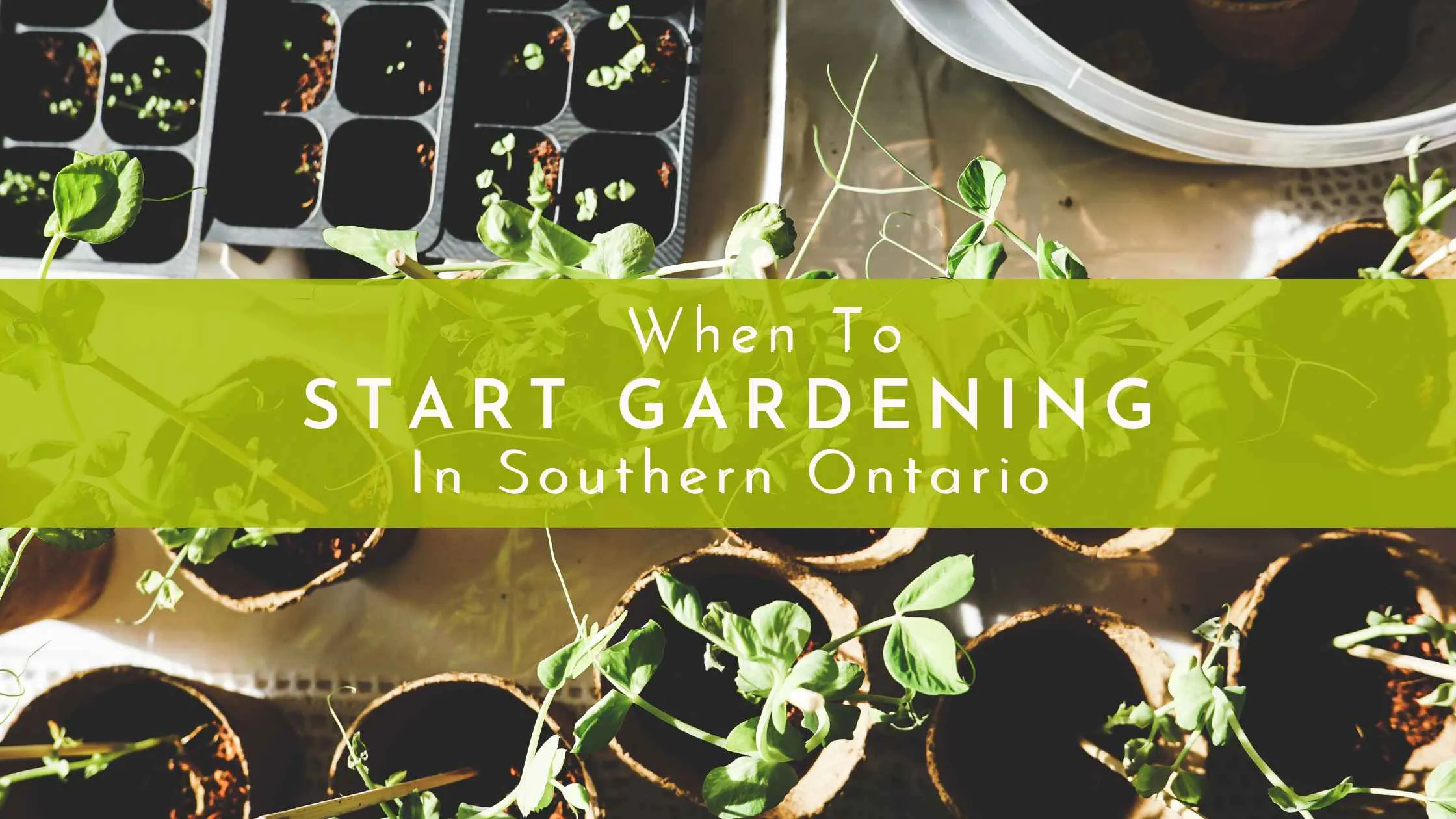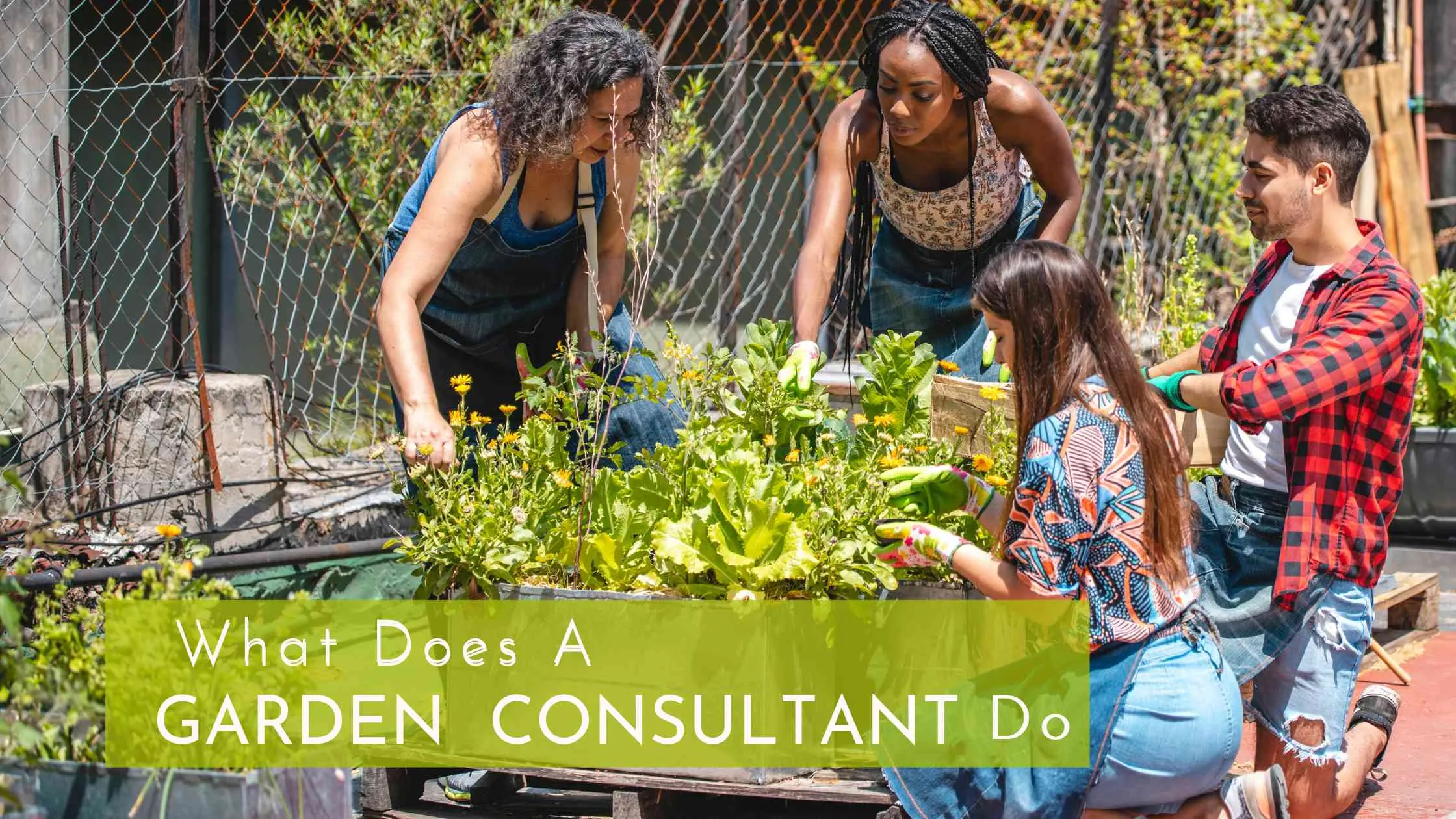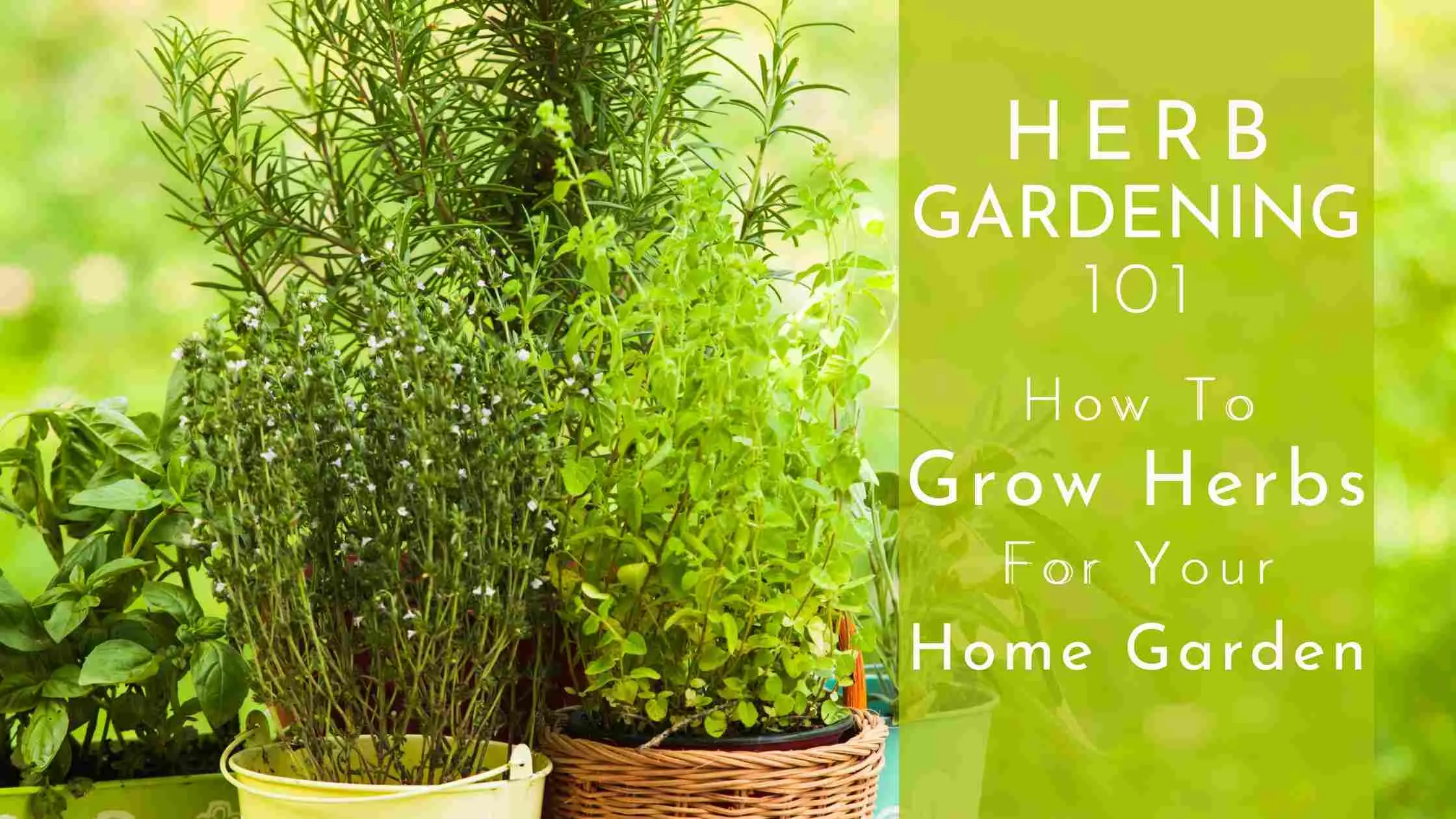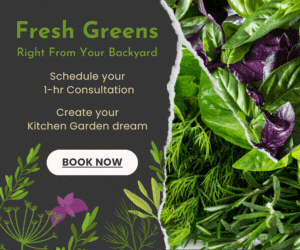Water Saving Tips For Your Garden
Water conservation — one of the most crucial aspects of gardening. Whether it’s a cozy balcony garden or a lush, small backyard garden, every drop counts. Let’s explore some innovative and effective ways to save water while keeping our plants happy and thriving.
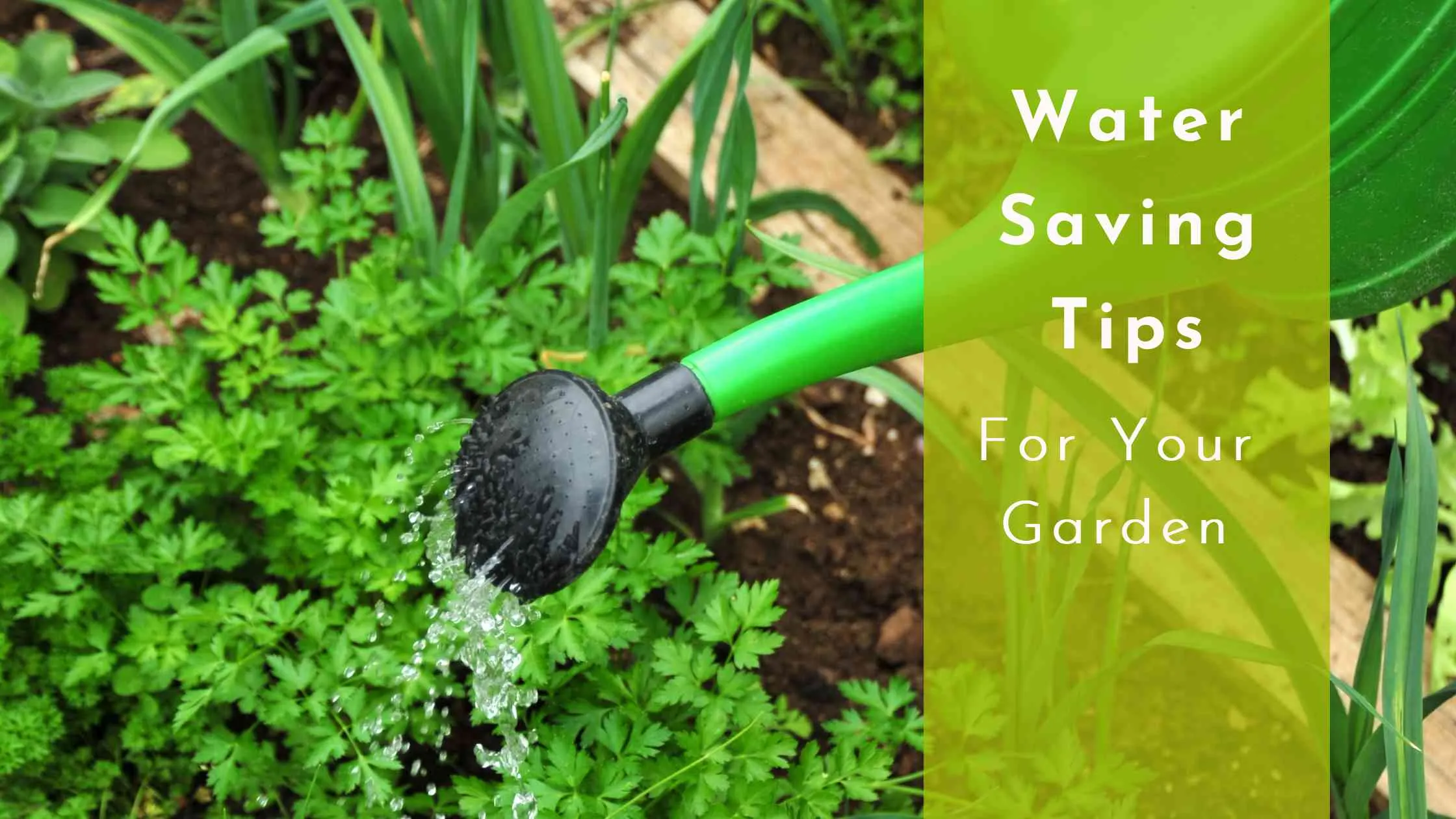
1. Understand Your Plants' Needs
First, it's essential to know how much water your plants really need. Overwatering is as harmful as it is wasteful. Different plants have different thirst levels; succulents and native plants often require less water compared to tropical species. Adjust your watering schedule based on the specific needs of each plant, and always check the soil moisture before you water. A simple finger test—inserting your finger into the soil up to the second knuckle—can tell you if the soil is dry enough to water.
2. Choose the Right Time to Water
Watering at the right time can significantly reduce evaporation. The best times are early in the morning or late in the evening when temperatures are cooler. This allows water to seep into the soil and reach the roots, where it's needed most, without too much water lost to the hot sun.
3. Invest in a Drip Irrigation System
Drip irrigation is a game changer for water conservation. This system delivers water directly to the base of the plant, minimizing wastage and reducing evaporation. You can easily install a drip irrigation kit, which includes a timer to automate the watering process. It’s perfect for container gardens and raised beds, ensuring that each plant gets just the right amount of moisture without any excess.
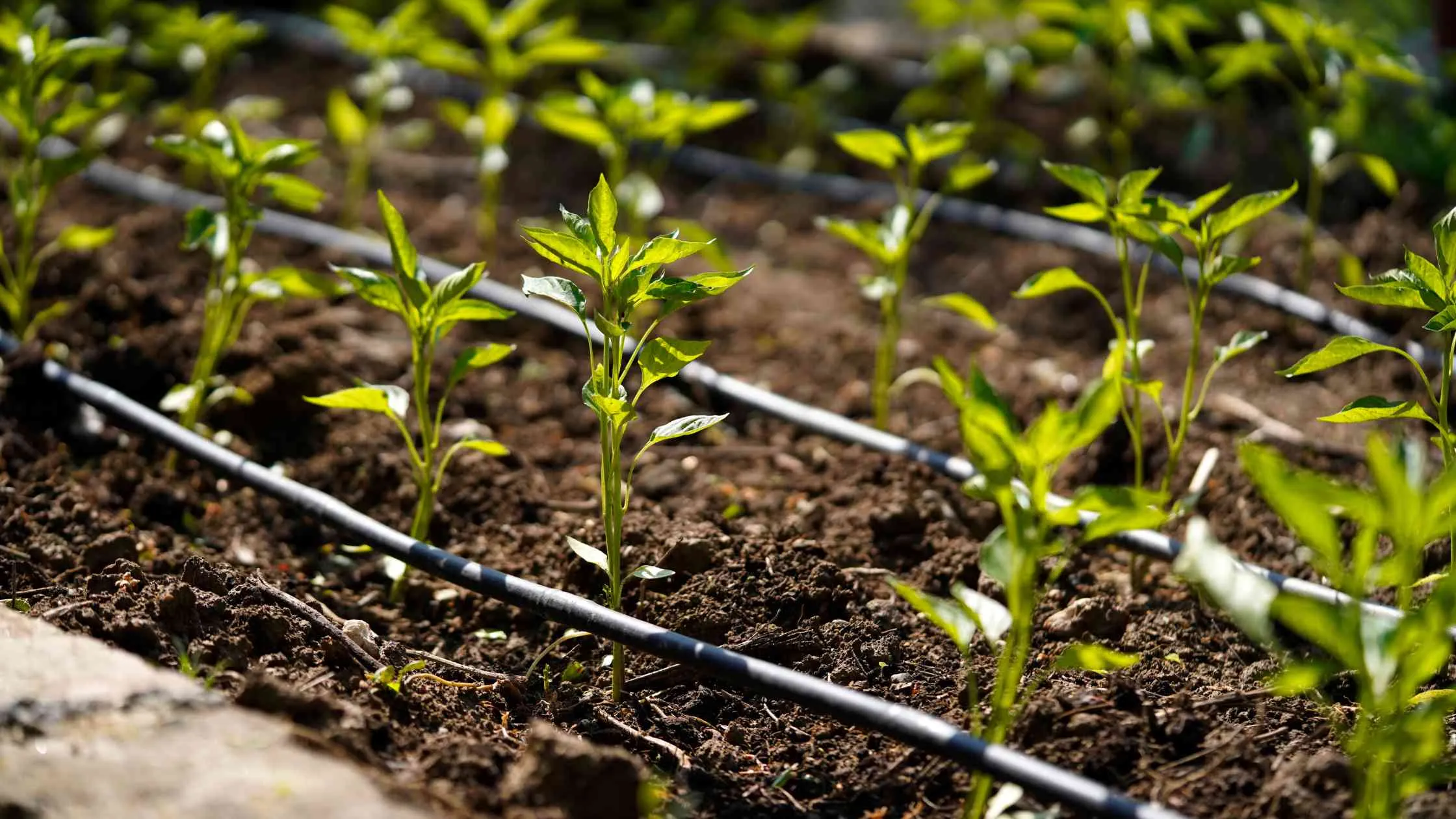
4. Mulch, Mulch, Mulch
Mulching is not just for keeping weeds at bay; it’s a fantastic strategy for moisture retention. Applying a layer of organic mulch such as shredded leaves, straw, or wood chips around your plants will help keep the soil cool and moist. This reduces the need for frequent watering and provides your plants with a stable environment.
5. Capture Rainwater
Embrace the rain by setting up a rain barrel. Collecting rainwater is an eco-friendly and cost-effective way to water your garden. You can connect a rain barrel to your downspouts to capture natural rainfall that can be used during drier periods. This not only conserves tap water but reduces your water bill and the strain on municipal water systems.
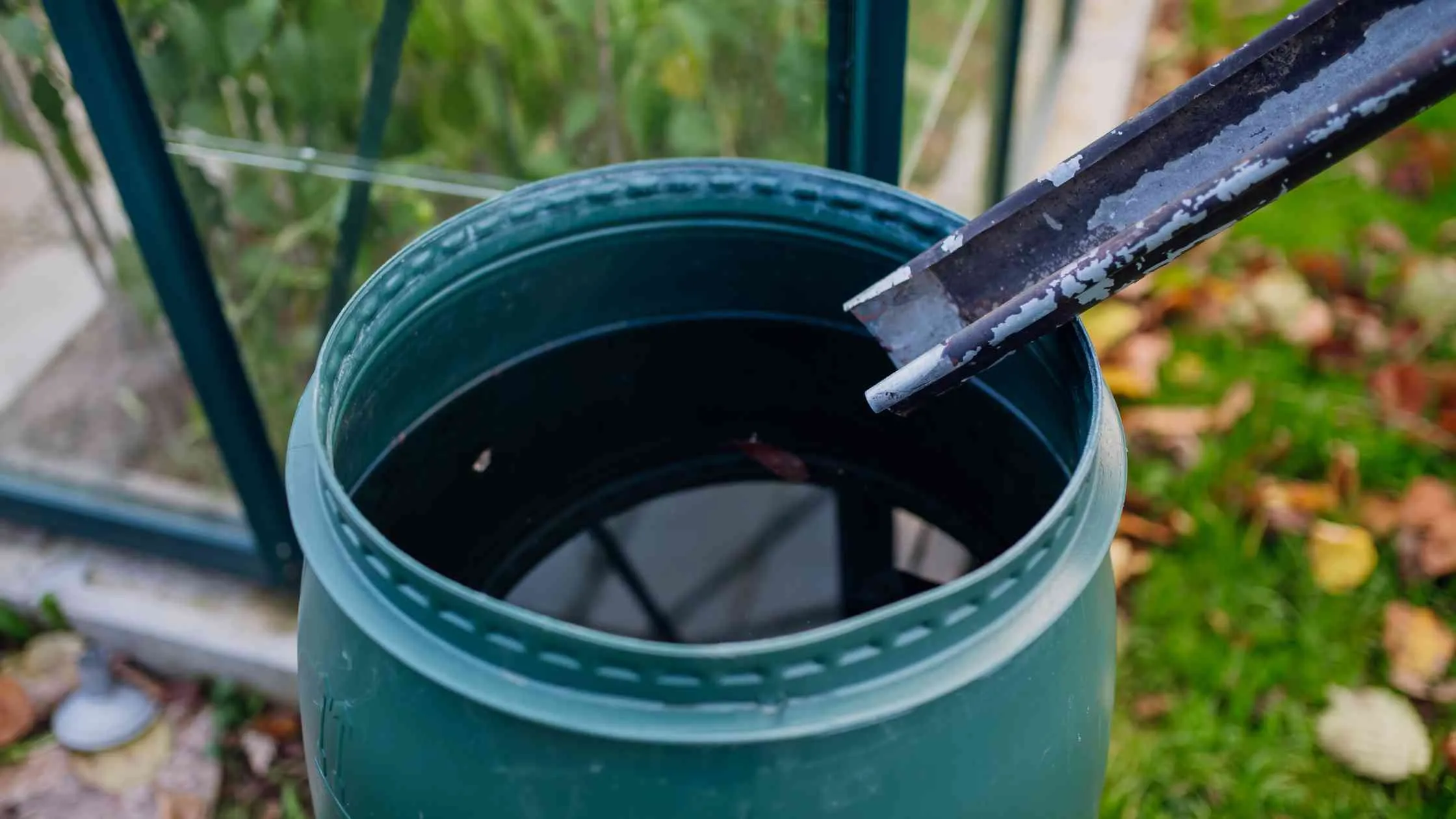
6. Choose Water-Wise Plants
If you’re starting a garden or looking to add new plants, consider species that are drought-tolerant or native to your area. These plants are adapted to thrive with less water and are often resilient against local pests and diseases. Some fantastic water-wise plants include lavender, sedum, and ornamental grasses.
7. Opt for Containers with Water Reservoirs
For those who love container gardening, consider pots with built-in water reservoirs. These containers allow plants to absorb water from the bottom up, reducing evaporation and providing a consistent moisture level. This is particularly beneficial for thirsty plants or if you're away from home regularly.
8. Practice Soil Health Management
Healthy soil retains water better. Incorporate plenty of organic matter like compost into your soil to improve its structure and water-holding capacity. A well-structured soil allows for good root development and efficient water use, making your garden more resilient and less dependent on frequent watering.
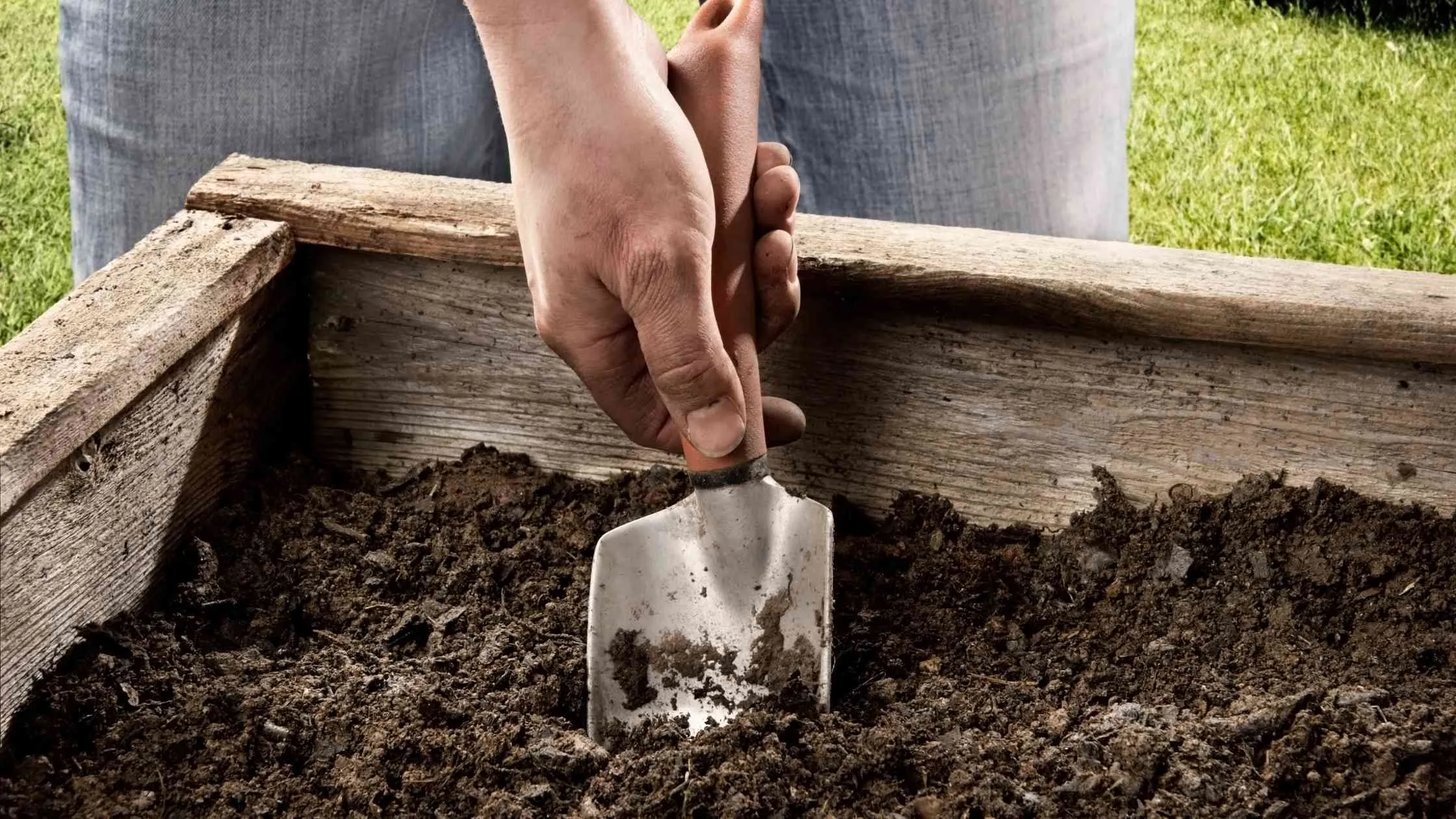
9. Monitor and Adjust
Keep an eye on your garden and adjust your watering habits as needed. Use a moisture meter to more accurately gauge the soil's moisture content. Be mindful of changes in the weather and adjust your watering schedule accordingly. During rainy spells, you might not need to water at all, whereas in a heatwave, your plants might need a bit more TLC.
10. Educate and Share
As you learn and succeed in saving water in your garden, share your knowledge and tips with fellow gardeners. Whether through community workshops, school projects, or casual conversations, spreading the word about water conservation helps everyone contribute to a more sustainable future.
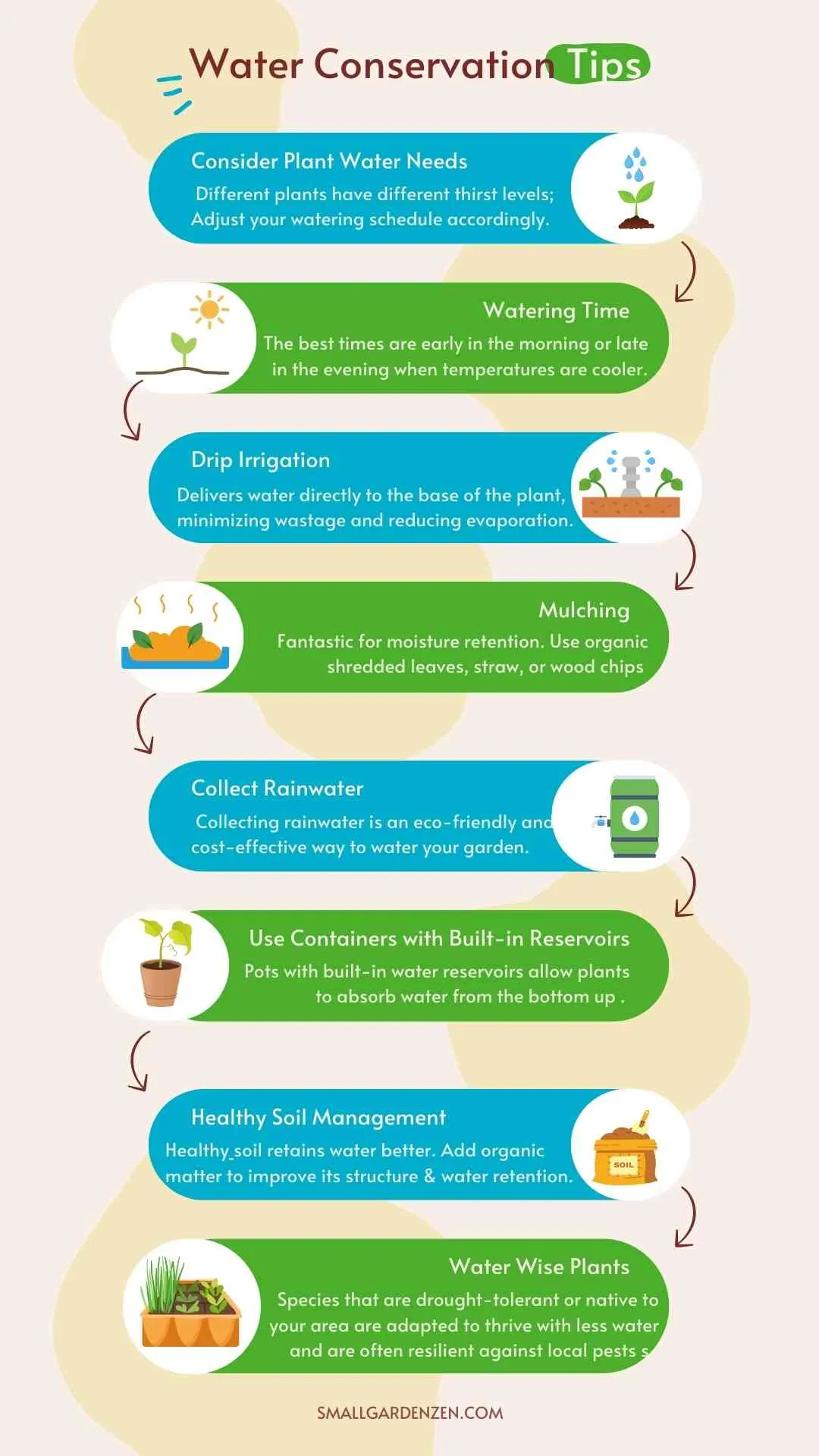
Implementing these tips won't just help save water; they'll ensure your garden is sustainable, healthy, and beautiful. Remember, every little action counts when it comes to conservation. So, fellow green thumbs, let's make every drop of water work for us and for our planet! Happy gardening, and here's to a greener, more water-wise garden!

